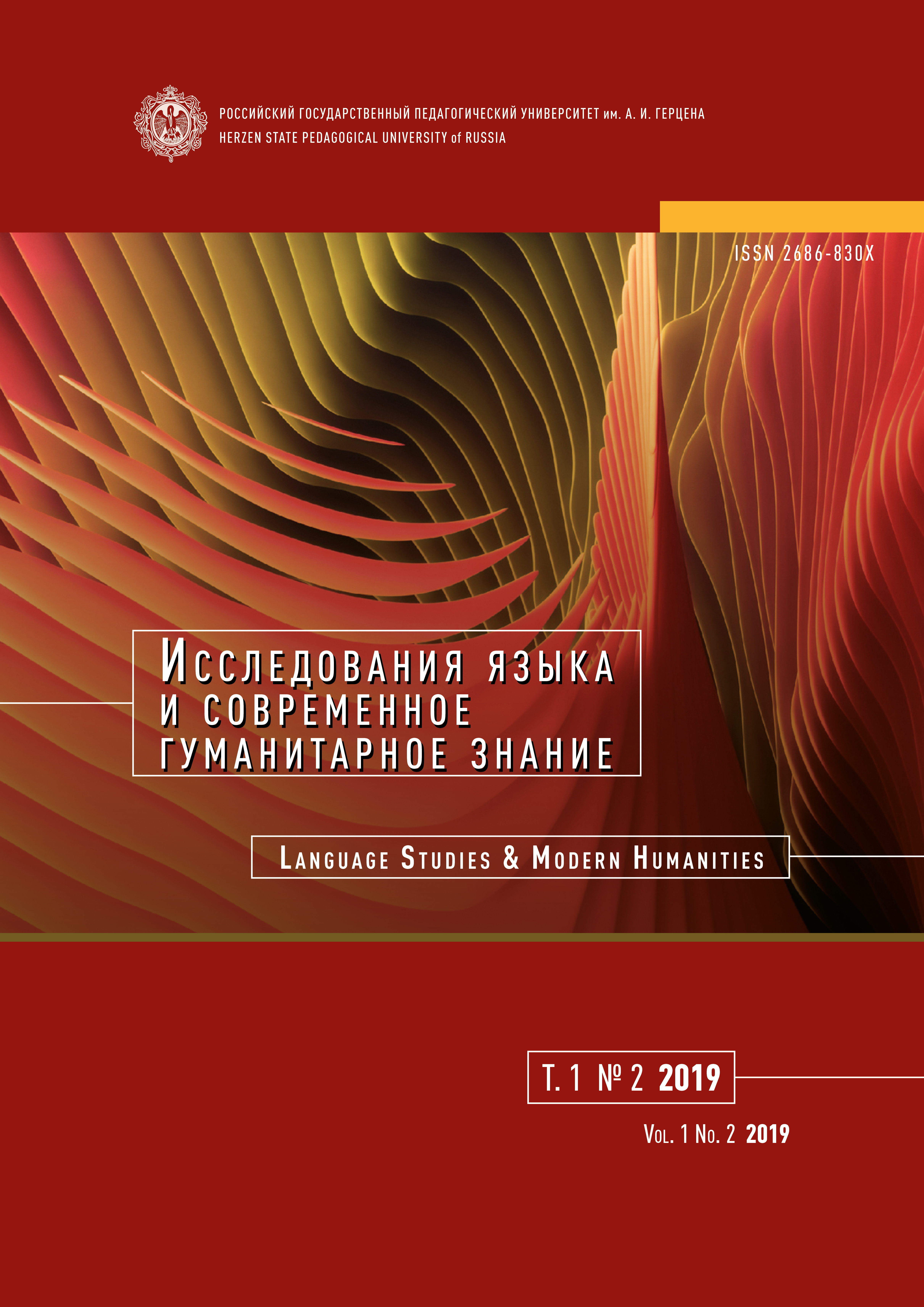Theatricalization in Russian language lessons abroad as a form of pedagogical edutainment
DOI:
https://doi.org/10.33910/2686-830X-2019-1-2-97-102Keywords:
bilingual education, bilingual children, theatre pedagogy, personification, indirect language teaching, motivation, edutainmentAbstract
The article describes the possibilities of theatrical pedagogy in the organization of the Russian language lesson abroad, describes the effective methods for such a lesson. The principles of indirect language teaching are described, the element of which can be dramatization and personification. It is notes that the techniques of theatrical pedagogy are especially important in teaching Russian bilingual children in a limited language environment. The prospect of theatricalization as an indirect teaching of Russian as foreign language are also considered. The means of dramatization provide the development of emotional intelligence, which in the conditions of studying outside the country contribute to persistent motivation for learning activities in both adult students and children. All the possibilities of theatricalization are considered in article in the aspect of entertainment — learning through a system of specially created game and motivating opportunities.
References
ЛИТЕРАТУРА
Азимов, Э. Г., Щукин, А. Н. (2009) Новый словарь методических терминов и понятий (теория и практика обучения языкам). М.: ИКАР, 446 с.
Ершова, А. П., Букатов, В. М. (1995) Режиссура урока, общения и поведения учителя: пособие для учителя. М.: Ин-т практической психологии; Воронеж: МОДЭК, 269 с.
Кобзева, Н. А. (2012) Edutainment как современная технология обучения. Ярославский педагогический вестник, т. 2, № 4, с. 192–195.
Московкин, Л. В. (2014) Непрямое обучение русскому языку как иностранному. В кн.: Т. Солдатенкова, Л. Шипелевич (ред.). Человек. Сознание. Коммуникация. Интернет. VI Международная научная конференция «Русский язык в языковом и культурном пространстве Европы и мира», 22–25 мая 2014 года, Лёвен, Бельгия. Лёвен: б. и., с. 45–53.
REFERENCES
Azimov, E. G., Shchukin, A. N. (2009) Novyj slovar’ metodicheskikh terminov i ponjatij (teoriya i praktika obucheniya yazykam) [New dictionary of methodological terms and notions (theory and practice of language teaching)]. Moscow: IKAR Publ., 446 p. (In Russian)
Ershova, A. P., Bukatov, V. M. (1995) Rezhissura uroka, obshcheniya i povedeniya uchitelya: posobie dlya uchitelya [Directing a lesson, the teacher’s communication and behavior: Teacher’s handbook]. Moscow: Institut prakticheskoj psikhologii Publ.; Voronezh: MODEK Publ., 269 p. (In Russian)
Kobzeva, N. A. (2012) Edutainment kak sovremennaya tekhnologiya obucheniya [Edutainment as a modern technology of education]. Yaroslavskij pedagogicheskij vestnik — Yaroslavl Pedagogical Bulletin, vol. 2, no. 4, pp. 192–195. (In Russian)
Moskovkin, L. V. (2014) Nepryamoe obuchenie russkomu yazyku kak inostrannomu [Indirect teaching of Russian as a foreign language]. In: T. Soldatjenkova, L. Szypielewicz (eds.). Człowiek. Świadomość. Komunikacja. Internet [Human being. Consciousness. Communication. Internet]. 6th International Conference “The Russian Language in the Linguistic and Cultural Space of Europe and the World”, 22–25 May, 2014, Leuven, Belgium. Leuven: s. n., pp. 45–53. (In Russian)
Downloads
Published
Issue
Section
License
Copyright (c) 2019 Elizaveta A. Khamraeva

This work is licensed under a Creative Commons Attribution-NonCommercial 4.0 International License.
The work is provided under the terms of the Public Offer and of Creative Commons public license Creative Commons Attribution 4.0 International (CC BY 4.0).
This license permits an unlimited number of users to copy and redistribute the material in any medium or format, and to remix, transform, and build upon the material for any purpose, including commercial use.
This license retains copyright for the authors but allows others to freely distribute, use, and adapt the work, on the mandatory condition that appropriate credit is given. Users must provide a correct link to the original publication in our journal, cite the authors' names, and indicate if any changes were made.
Copyright remains with the authors. The CC BY 4.0 license does not transfer rights to third parties but rather grants users prior permission for use, provided the attribution condition is met. Any use of the work will be governed by the terms of this license.







